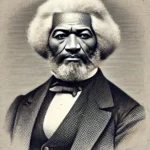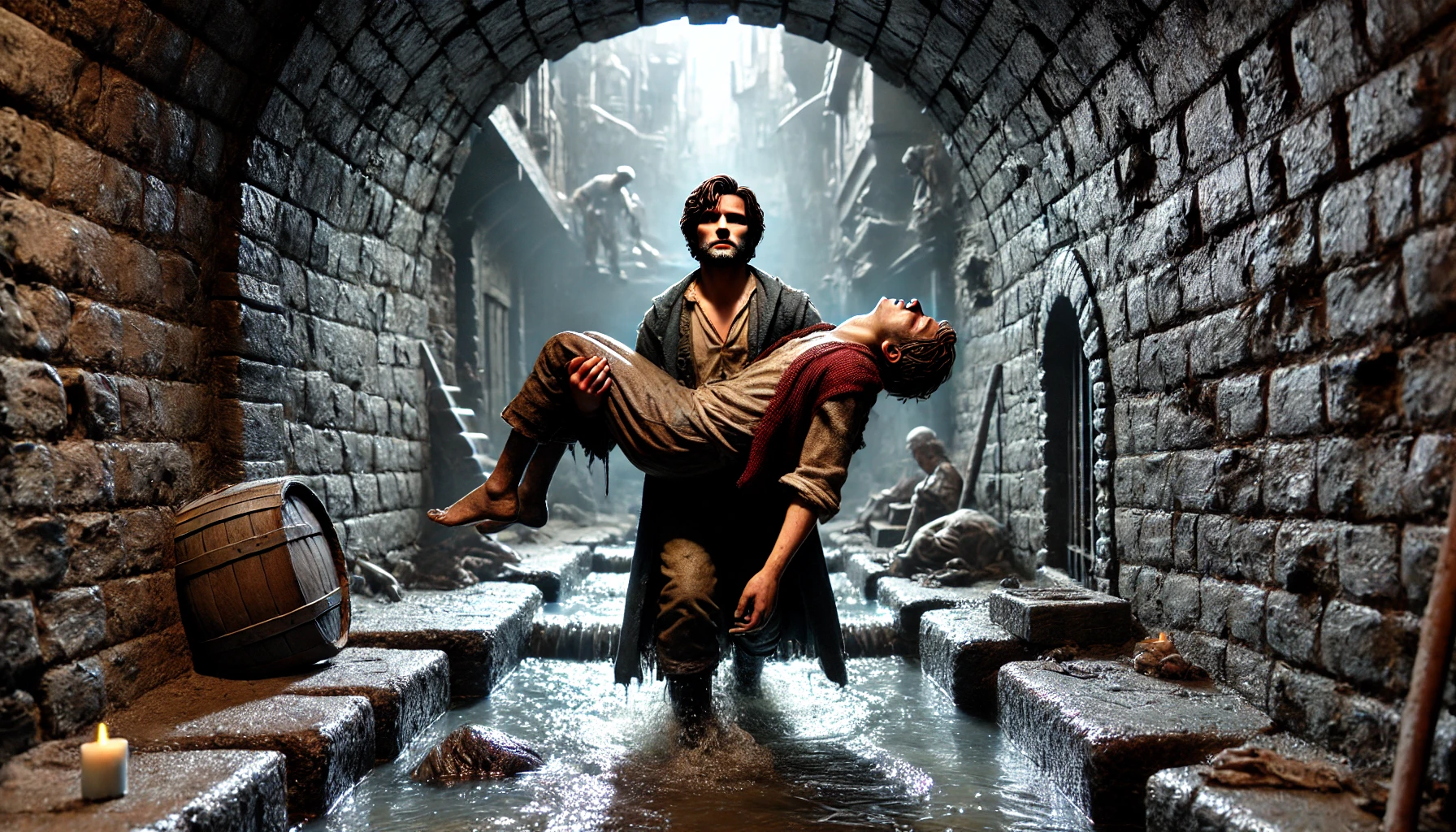“One of Ours” is a novel by Willa Cather, published in 1923, set in the early 20th century against the backdrop of World War I. The book follows Claude Wheeler, a young man from Nebraska, whose dissatisfaction with his life on the farm and within his family leads him to search for purpose. Eventually, he finds meaning in military service during the war. Through Claude’s journey, Cather explores themes of disillusionment, idealism, and the quest for identity. The novel is notable for its depiction of rural American life and the transformative impact of the war on those who fought in it. The work won the Pulitzer Prize for Fiction in 1923.
Plot Summary
Claude Wheeler wakes early on the family farm in Nebraska, restless as ever. He is caught between two worlds: the vast prairie that surrounds him and the greater, unknown world beyond. His father, Nat Wheeler, is a successful farmer, a jovial man who views life with little seriousness, while his mother, Evangeline, is a devout woman concerned with Claude’s spiritual and intellectual growth. Claude, however, feels stifled by both of them. The farm, the local church, even his half-hearted college education at a religious institution—all seem to him like traps, preventing him from finding something grander, something more meaningful.
After returning from college, Claude is expected to help on the farm. The work is tedious, and the hired men are rough and careless, adding to his frustrations. His father’s indifference to Claude’s aspirations, his mother’s inability to understand his deep yearning for something beyond, and the emptiness of life on the farm only intensify his restlessness. He feels like a misfit in his own home, trapped by expectations he cannot fulfill.
Desperate for change, Claude marries Enid Royce, a woman who shares his family’s spiritual values but lacks any real emotional connection with him. Claude hopes that marriage will bring him a sense of purpose, but instead, it deepens his isolation. Enid is more interested in her missionary work than in Claude, and their marriage quickly becomes cold and distant. She eventually leaves him to care for her ailing father, and Claude, left alone once again, realizes that his hopes for happiness with her were misguided. His feelings of being out of place, of never quite belonging, become even more pronounced.
As war breaks out in Europe, the world beyond the prairie starts to feel closer, more immediate. Claude begins reading about the war, and for the first time in his life, he feels a pull toward something larger than himself. The stories of soldiers, of heroism and sacrifice, ignite a spark in him that he cannot ignore. Here, finally, seems to be the purpose he has been searching for. The farm, his family, even Enid—all seem small compared to the scale of the war. Claude enlists, leaving Nebraska and its endless wheat fields behind for the promise of a greater, more meaningful life abroad.
Training for the army is Claude’s first taste of freedom. In the camaraderie of his fellow soldiers, he finds the connection and sense of belonging that had eluded him back home. Among them, he feels alive in a way he never did in Nebraska. He befriends David Gerhardt, a cultured young musician, who shares with Claude a deeper, more reflective understanding of the world. Together, they discuss literature, art, and the war, and for the first time, Claude feels intellectually and emotionally engaged with someone who understands him. This friendship, built in the shadow of war, gives Claude the sense of purpose he has longed for.
When Claude finally arrives in France, he is struck by the beauty of the country and the devastation left by the war. The contrast between the peaceful countryside and the destruction of the battlefields leaves a profound mark on him. The war is both horrifying and exhilarating; he feels alive in ways he never could have imagined. In battle, he finds moments of clarity, where life’s complexities seem to fall away, leaving only the immediate present. The camaraderie of his unit, the shared dangers and victories, give him a sense of belonging that he had never felt on the farm or in his marriage.
But as the war drags on, the brutality of it wears him down. He loses many friends, including David Gerhardt, whose death shakes Claude to his core. The ideals of heroism and glory that once fueled his desire to fight crumble in the face of the relentless violence and suffering he witnesses. Yet, even in the midst of this devastation, Claude feels that he has finally found the life he was meant to live. He is no longer the aimless, restless boy from Nebraska. Here, in the trenches, amidst the chaos and destruction, he has found a kind of peace, a sense of purpose that had eluded him his entire life.
Claude’s journey ends abruptly. During a minor skirmish, he is killed, his life cut short just as he was beginning to understand it. News of his death reaches his family back in Nebraska, where life continues much as it always has. The fields are harvested, the routines of farm life carry on, and Claude, in the end, becomes just another casualty of a faraway war.
His mother, Evangeline, mourns him deeply, understanding that Claude’s death marked the end of his restless search for meaning. In his death, he found the peace that had always been out of reach in life. The vast Nebraska plains stretch on, unchanging, as they always have, indifferent to the dreams and struggles of the people who live there. Claude Wheeler, who once felt so trapped by those very plains, has found his escape, though it came at a cost far greater than he ever anticipated.
Main Characters
Claude Wheeler: The protagonist, Claude, is a restless and idealistic young man struggling to find his place in the world. Dissatisfied with his family’s expectations for him to manage their farm, Claude yearns for a larger purpose, which he ultimately seeks in his service during World War I. His character embodies the theme of disillusionment with provincial life and the search for meaning.
Mr. Nat Wheeler: Claude’s father, a jovial but indifferent farmer who epitomizes practical success without deep emotional connection to his family. His lack of understanding of Claude’s internal struggles leads to a strained relationship between father and son.
Mrs. Evangeline Wheeler: Claude’s mother, a devout, soft-spoken woman who values spiritual and intellectual development. She is sympathetic to Claude’s frustrations but lacks the ability to provide him with the emotional or philosophical guidance he seeks.
Enid Royce: Claude’s wife, whose religious fervor and pragmatic outlook stifle Claude’s hopes for emotional connection in their marriage. Her character underscores the theme of emotional isolation in relationships.
David Gerhardt: A cultured and thoughtful musician Claude meets during the war. He becomes a close friend and represents the kind of intellectual companionship and higher ideals that Claude has been searching for.
Theme
Disillusionment and the Quest for Meaning: Claude’s dissatisfaction with the expectations placed on him by his family and society, and his search for a meaningful existence, drive the narrative. His eventual enlistment in the army becomes a way for him to escape his stifling life, though the war itself brings its own harsh realities.
Isolation and Loneliness: The theme of isolation permeates the novel, whether it’s Claude’s emotional distance from his family, his unfulfilling marriage to Enid, or his existential loneliness in a world that feels devoid of purpose. Even amidst others, Claude often feels disconnected.
The Impact of War: World War I acts as a crucible for Claude’s character, transforming his idealism into a more grounded understanding of heroism and sacrifice. The novel explores how the war shapes not only those who fight but also the societies that send them to battle.
Rural Life vs. Broader Horizons: Cather contrasts the limited, mundane life of Nebraska farmers with the broader cultural and intellectual horizons Claude yearns for. The setting emphasizes the tension between provincial life and the allure of a wider, more meaningful world.
Writing Style and Tone
Willa Cather’s writing style in One of Ours is known for its lyrical prose and deep sense of place. Cather’s descriptions of the Nebraska landscape are rich and evocative, grounding the novel in a vivid physical environment. She uses a third-person omniscient point of view, which allows her to explore Claude’s internal world with great nuance, giving readers insight into his complex emotions and inner conflicts. Her prose is both spare and elegant, and she frequently employs symbolism to deepen the thematic resonance of Claude’s journey.
The tone of the novel is often melancholic and reflective, capturing the quiet despair of a man who feels trapped by the life he is expected to lead. At the same time, there is an undercurrent of idealism in Claude’s character, which adds a poignant sense of hope and longing to the narrative. As the story progresses and Claude experiences the war, the tone becomes more somber, with moments of grim realism reflecting the brutal truths of combat.
We hope this summary has sparked your interest and would appreciate you following Celsius 233 on social media:
There’s a treasure trove of other fascinating book summaries waiting for you. Check out our collection of stories that inspire, thrill, and provoke thought, just like this one by checking out the Book Shelf or the Library
Remember, while our summaries capture the essence, they can never replace the full experience of reading the book. If this summary intrigued you, consider diving into the complete story – buy the book and immerse yourself in the author’s original work.
If you want to request a book summary, click here.
When Saurabh is not working/watching football/reading books/traveling, you can reach him via Twitter/X, LinkedIn, or Threads
Restart reading!








